Given that footy drew inspiration from Indigenous ball games, particularly Marn Grook (a game that Tom Wills, the Australian rules football pioneer, was familiar with), it's only fair that we honour some of the game's greatest Indigenous players.
As with every sports ranking, or any ranking, for that matter, there's a healthy dollop of subjectivity here. Of course, if there are any players you feel should be included, let us know in the comments.
Here they are in alphabetical order. Keep reading if you'd like to see our ranking.
| Player | Teams | Years | Position |
|---|---|---|---|
| Adam Goodes | Sydney Swans | 1999–2015 | Ruckman, Forward, Midfielder |
| Andrew McLeod | Adelaide Crows | 1995–2010 | Midfielder, Half-back |
| Byron Pickett | North Melbourne, Port Adelaide, Melbourne | 1997–2007 | Forward, Midfielder |
| Cyril Rioli | Hawthorn | 2008–2018 | Forward, Midfielder |
| Darryl White | Brisbane Bears, Brisbane Lions | 1992–2005 | Utility (played various roles) |
| Eddie Betts | Carlton, Adelaide | 2005–2021 | Small Forward |
| Gavin Wanganeen | Essendon, Port Adelaide | 1991–2006 | Defender, Forward |
| Graham Farmer | East Perth, Geelong, West Perth | 1953–1971 | Ruckman |
| Michael Long | Essendon | 1989–2001 | Wingman, Forward |
| Nicky Winmar | St Kilda, Western Bulldogs | 1987–1999 | Wingman, Half-forward |
| Peter Matera | West Coast Eagles | 1990–2002 | Wingman, Half-forward, Half-back |

11. Eddie Betts
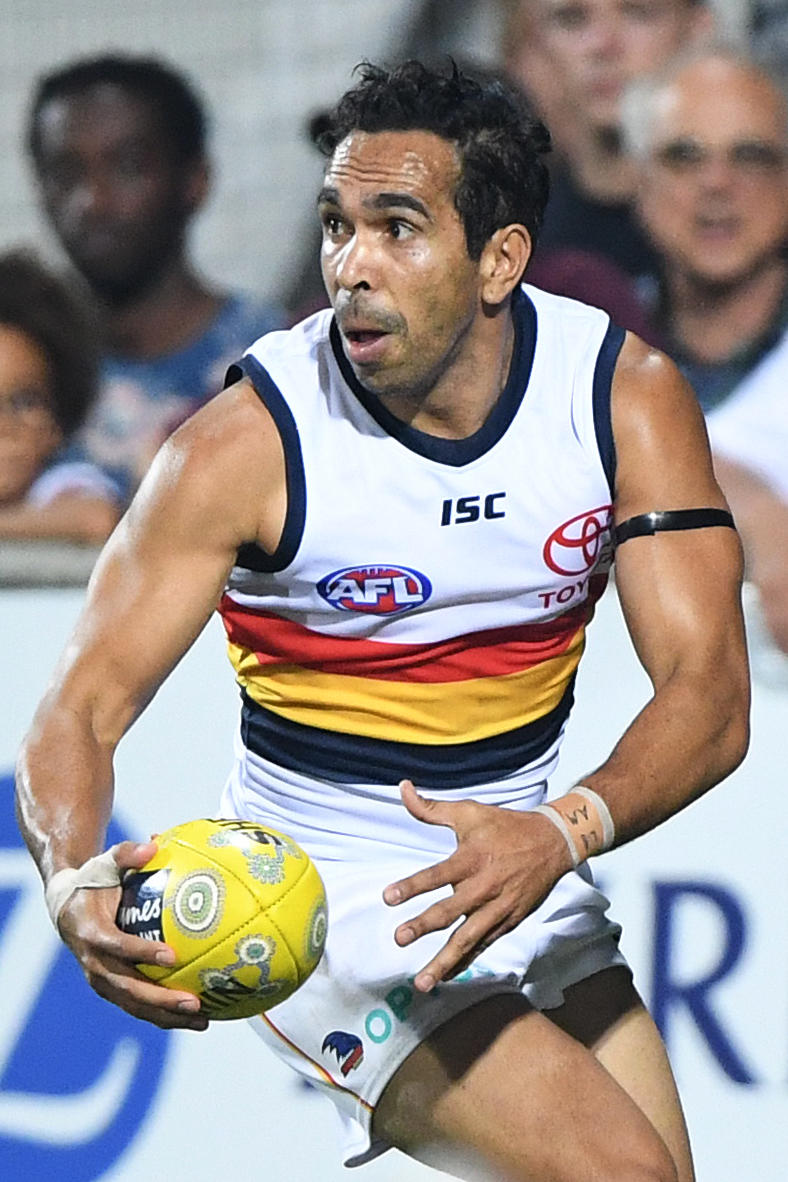
Edward Robert Betts III, known as Eddie Betts, was born on November 26, 1986, in Port Lincoln, South Australia.
Drafted by Carlton in 2004, Betts quickly became a fan favourite with his incredible goal-kicking skills. After joining the Adelaide Crows in 2014, he solidified his status as one of the AFL’s best small forwards, kicking over 600 goals and winning four Goal of the Year awards.
Off the field, Betts is a vocal advocate for Indigenous rights and fights against racism in sports.
Born: November 26, 1986 (Port Lincoln, South Australia, Australia)
Team(s): Carlton (2005–2013), Adelaide (2014–2019), Carlton (2020–2021)
Position: Small Forward
Key Stats:
Games: 350
Total Goals: 640
Average Goals: 1.8 per game
Average Disposals: 12 per game
Average Marks: 2.8 per game
Average Tackles: 3 per game
Average Kicks: 7.5 per game
10. Byron Pickett
Byron Pickett was born in 1977 in Kellerberrin, Western Australia. Between 1997 and 2007, he played for three clubs in the AFL: North Melbourne, Port Adelaide, and Melbourne.
He was a tough player who delivered in high-pressure games and delivered even harder hits. He played 204 matches during his AFL career, scoring 177 times.
Pickett won the 1999 Premiership with North Melbourne and the 2004 Premiership with Port Adelaide.
He was selected for the Indigenous Team of the Century and is considered one of the best Aboriginal players in the game's history.
Born: August 11, 1977 (Kellerberrin, Western Australia)
Team(s): North Melbourne (1997–2002), Port Adelaide (2003–2005), Melbourne (2006–2007)
Position: Forward, Midfielder
Key Stats:
Games: 204
Total Goals: 177
Average Goals: 0.87 per game
Average Disposals: 13.1 per game
Average Marks: 3.3 per game
Average Tackles: 2.1 per game
Average Clearances: 2.0 per game
Average Kicks: 8.1 per game
9. Darryl White
Darryl White was born in Alice Springs, Northern Territory, in 1973. His Indigenous Australian descent was an important part of his life and football career, with White belonging to the Luritja people.
As an AFL player, he played for the Brisbane Bears and the Brisbane Lions. A versatile player, he played almost every position during his career, adapting to each role as required.
If you're new to the rules of footy, just remember that players can go anywhere on the ground except for the start of play, though they often have roles and positions for strategic reasons.
He was part of the Brisbane Lions team that won three premierships in 2001, 2002, and 2003, and in 2005, he was named at full-back in the Indigenous Team of the Century.
He was awarded the Best and Fairest at the Brisbane Bears in 1995.
After his footy playing career, White has remained involved in Indigenous advocacy and Aussie rules football.
Born: June 12, 1973 (Alice Springs, Northern Territory)
Team(s): Brisbane Bears (1992–1996), Brisbane Lions (1997–2005)
Position: Utility (played almost every position)
Key Stats:
Games: 268
Total Goals: 165
Average Goals: 0.61 per game
Average Disposals: 11.4 per game
Average Marks: 4.0 per game
Average Tackles: 1.9 per game
Average Clearances: 0.6 per game
Average Kicks: 7.0 per game
8. Nicky Winmar
Nicky Winmar was born in Pingelly, Western Australia, in 1965. He belongs to the Noongar people from Western Australia, and his Indigenous heritage and identity shaped his career.
He played for South Fremantle in the Western Australian Football League (WAFL) before joining St Kilda Football Club in the VFL (the precursor to the AFL) in 1987.
He spent over a decade at St Kilda, playing 230 matches for the club. He played 21 matches with the Western Bulldogs in the 1999 season. In his VFL/AFL career, he scored 251 goals.
Winmar played mainly as a wingman and a half-forward, famous for explosive speed, high-flying marks, and an uncanny goal-scoring ability.
If all these terms are unfamiliar to you, you might want to read our beginner's guide to the AFL.
He won St Kilda's Best and Fairest award in 1989 and 1995 and the AFL Mark of the Year trophy in 1992. He was named in the All-Australian team twice, in 1991 and 1995.
He was also famous for his stand against racism, in particular, in 1993, when he was racially abused by sections of the crowd. Winmar famously lifted his guernsey, pointed to his skin, and shouted, "I'm black and I'm proud to be black". The photo of the moment has become iconic.
Born: September 25, 1965 (Pingelly, Western Australia)
Team(s): St Kilda (1987–1998), Western Bulldogs (1999)
Position: Wingman, Half-forward
Key Stats:
Games: 251 (230 for St Kilda, 21 for Western Bulldogs)
Total Goals: 317
Average Goals: 1.26 per game
Average Disposals: 18.9 per game
Average Marks: 4.9 per game
Average Tackles: 1.8 per game
Average Clearances: 2.1 per game
Average Kicks: 12.5 per game
7. Michael Long
Michael Long was born in the Tiwi Islands, Northern Territory, and is a member of the Tiwi and Lurtija peoples.
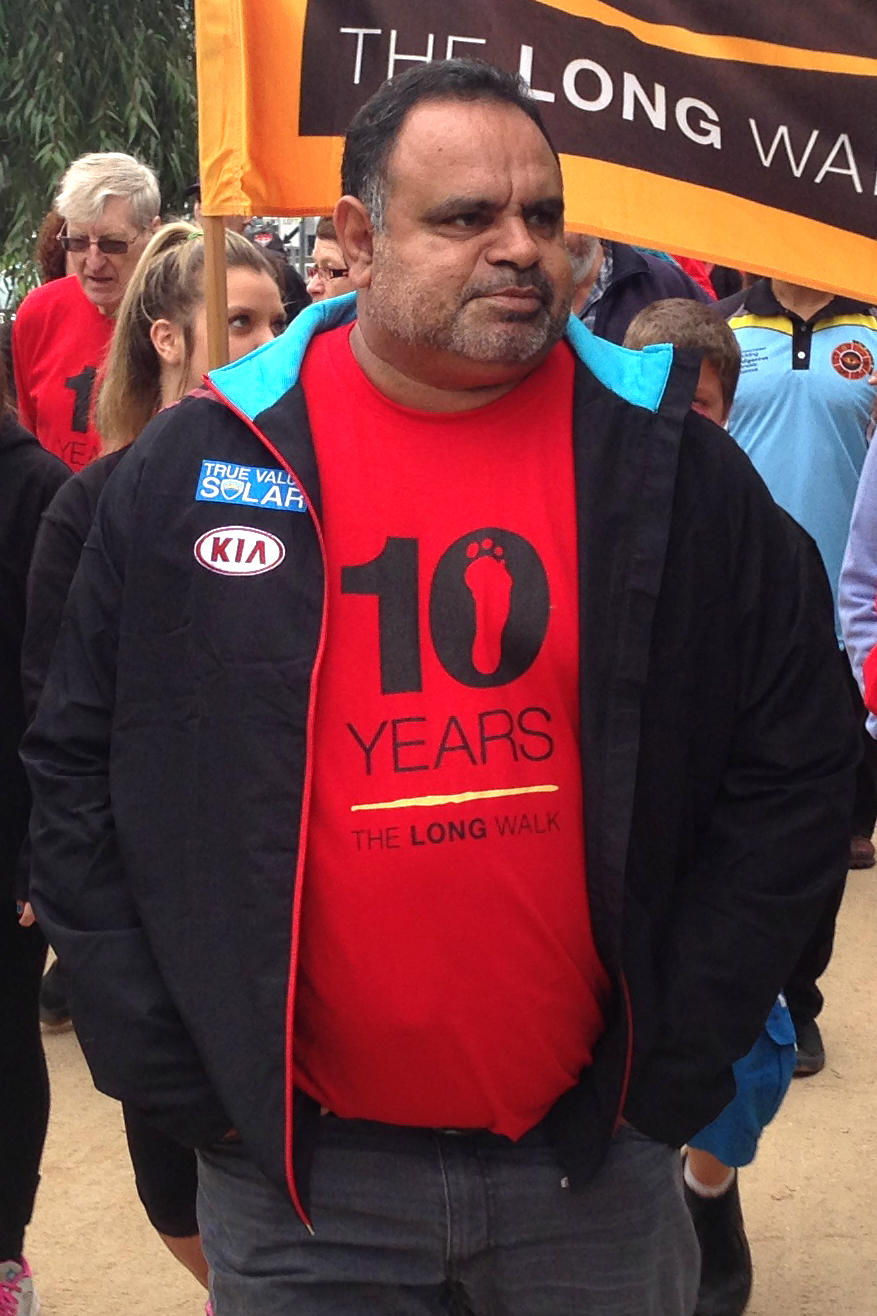
As a footy player, he's best known for spending his entire career at Essendon Football Club. His career spanned from 1989 to 2001, meaning he played Aussie rules when the league was both the VFL and after its change to AFL.
He was a popular player for Essendon and a massive part of the club's success in the 1990s. He played 190 times for Essendon and scored 143 times.
He was mainly a wingman or a forward who used his pace, agility, and ball-handling skills to break through defences and create goal-scoring opportunities.
He was part of the teams that won the Premiership in 1993 and 2000. In 1993, he was awarded the Norm Smith Medal for his performance against Carlton in the AFL Grand Final.
As one of the few Indigenous players, he was a role model for many who grew up watching the sport at the time.
Born: October 1, 1969 (Tiwi Islands, Northern Territory)
Team(s): Essendon (1989–2001)
Position: Wingman, Forward
Key Stats:
Games: 190
Total Goals: 143
Average Goals: 0.75 per game
Average Disposals: 16.4 per game
Average Marks: 2.7 per game
Average Tackles: 2.1 per game
Average Clearances: 2.6 per game
Average Kicks: 9.8 per game

6. Cyril Rioli
Cyril Rioli was born in 1989 in the Tiwi Islands, Northern Territory. He is of Indigenous descent and comes from a footballing family.
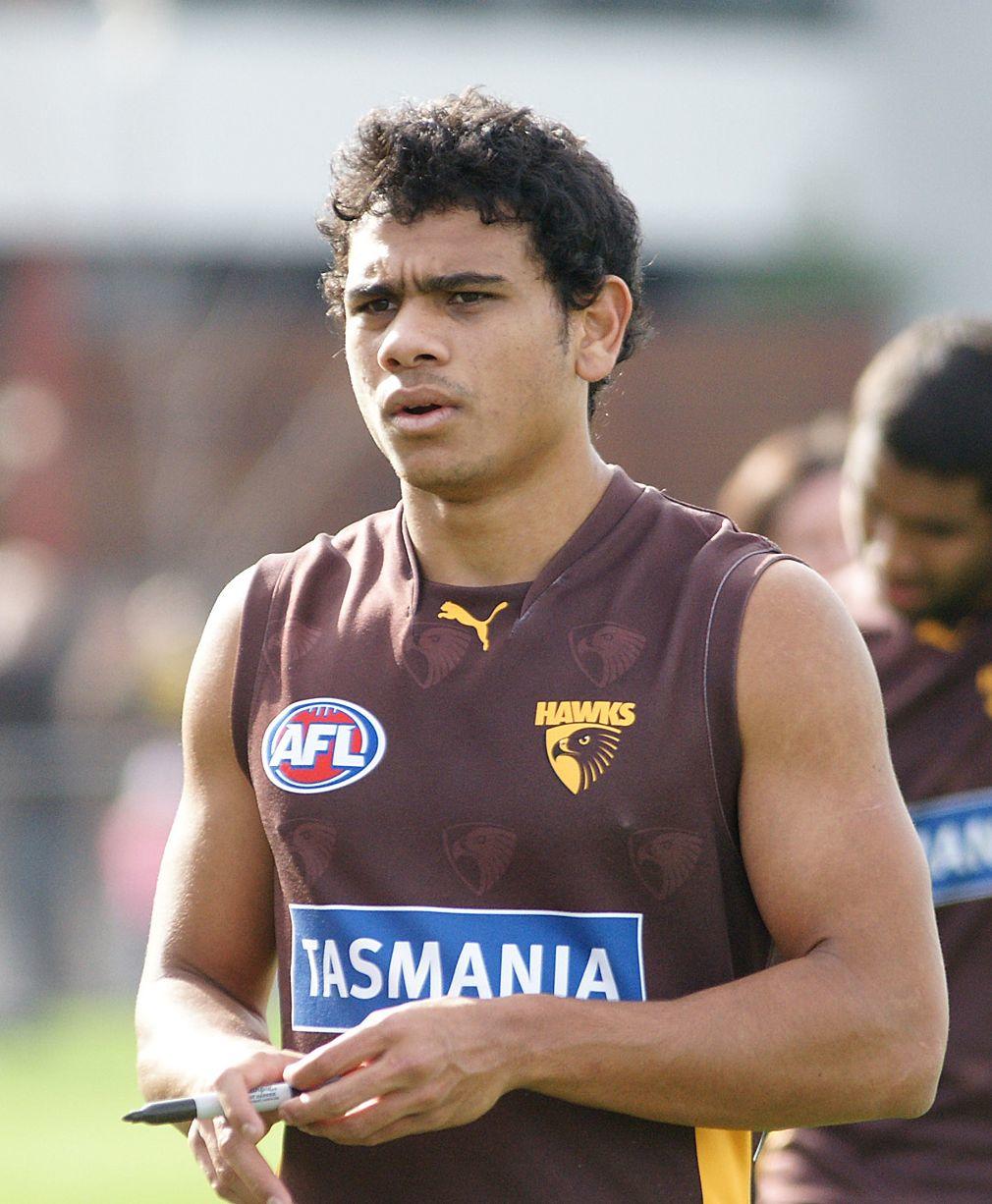
His father, Cyril Rioli Sr., played footy for Essendon in the 1980s, and his uncles, Maurice Rioli and Michael Long, were AFL stars. In fact, Maurice won the Norm Smith Medal in 1982.
As for Cyril Rioli, he spent his entire footy career at Hawthorn Football Club. He played there between 2008 and 2018, making 189 appearances for the club and scoring 275 goals.
He played mainly as a forward, though he was sometimes chosen as a midfielder. He was fast, agile, and smart.
He played a crucial role during the four AFL Premierships he won with Hawthorn in 2008, 2013, 2014, and 2015. He was named to the All-Australian team thrice in 2012, 2015, and 2016.
Born: July 14, 1989 (Tiwi Islands, Northern Territory)
Team(s): Hawthorn (2008–2018)
Position: Forward, Midfielder
Key Stats:
Games: 189
Total Goals: 275
Average Goals: 1.46 per game
Average Disposals: 14.1 per game
Average Marks: 3.1 per game
Average Tackles: 3.3 per game
Average Clearances: 1.8 per game
Average Kicks: 8.5 per game
5. Peter Matera
Peter Matera was born in Wagin, Western Australia in 1969. He's of Italian and Indigenous descent.
He had a hugely successful career with the West Coast Eagles, playing for the club between 1990 and 2002. He made 253 appearances and scored 217 goals.
He played mainly as a wingman but also as a half-forward and half-back. He was fast, had excellent goal sense, and could break games open.
He won two AFL Premierships with West Coast in 1992 and 1994. He was given the Norm Smith Medal for his performance in the 1992 AFL Grand Final, where he scored five goals.
He was also named five times in the All-Australian team, illustrating his incredible consistency across the best part of a decade.
In addition to being a West Coast Eagles legend, his success, leadership, and professionalism paved the way for future generations of indigenous footy players.
Born: April 3, 1969 (Wagin, Western Australia)
Team(s): West Coast Eagles (1990–2002)
Position: Wingman, Half-forward, Half-back
Key Stats:
Games: 253
Total Goals: 217
Average Goals: 0.85 per game
Average Disposals: 18.5 per game
Average Marks: 3.6 per game
Average Tackles: 1.1 per game
Average Clearances: 2.8 per game
Average Kicks: 14.5 per game
4. Graham "Polly" Farmer
Graham "Polly" Farmer was born in North Fremantle, Western Australia 1935. He was one of the most influential and revolutionary Aussie rules players.
His career started in the Western Australian Football League (WAFL), and he quickly became one of the game's brightest talents, playing for East Perth as a dominant ruckman.
He spent nine seasons playing for East Perth, strategically using handball and making long passes into teams in space. He led East Perth to three WAFL premierships and won the Best and Fairest award seven times.
He transferred to the Geelong Football Club in the VFL (now AFL) in 1962. He made 101 appearances playing for Geelong, helping them to the 1963 VFL championship.
Two years later, he was appointed captain of Geelong and won Geelong's Best and Fairest award twice in 1963 and 1964.
His mother was a Noongar woman from Katanning. After playing, he created the Polly Farmer Foundation, an organisation dedicated to supporting Indigenous children in sporting and academic endeavours.
Farmer died on August 14, 2019, at the age of 84.
Born: March 10, 1935 (North Fremantle, Western Australia)
Died: August 14, 2019 (Age 84)
Team(s): East Perth (1953–1961), Geelong (1962–1967), West Perth (1968–1971)
Position: Ruckman
3. Andrew McLeod
Andrew McLeod was born in 1976 in Darwin, Northern Territory. He is of Indigenous Australian descent through the Djapu and Gurindji people, which greatly influenced his career.
He spent his entire career with the Adelaide Crows, and with 340 matches played, he's the club's record holder.
A fast player with great vision, he broke games open with incredible decision-making. He typically played as a midfielder and a half-back and scored 275 goals for the Crows.
He was pivotal in the club's back-to-back premierships in 1997 and 1998, the only time the club has won back-to-back premierships during its history. His performances in the grand finals were incredible.
In addition to two AFL Premierships, he also won two Norm Smith Medals those years. He was selected for the All-Australian team five times and was named captain of the All-Australian team in 2007.
Born: August 4, 1976 (Darwin, Northern Territory)
Team(s): Adelaide Crows (1995–2010)
Position: Midfielder, Half-back
Key Stats:
Games: 340
Total Goals: 275
Average Goals: 0.81 per game
Average Disposals: 21.1 per game
Average Marks: 4.8 per game
Average Tackles: 2.2 per game
Average Clearances: 3.4 per game
Average Kicks: 12.6 per game
2. Gavin Wanganeen
Gavin Wanganeen was born in 1973 in Mount Gambier, South Australia. He is of Kokatha Mula heritage, and his connection to his Indigenous roots has played a major part in his life as a footy player and outside of his sporting career.
He played for Essendon between 1991 and 1996 and Port Adelaide between 1997 and 2006.
With Essendon, he won the Premiership in 1993 and the Brownlow Medal in the same season, making him the first Indigenous player to be given Australian Rules Football's most prestigious individual award.
He was Port Adelaide's inaugural AFL captain when the club joined the AFL in 1997. He remained captain until 2002 but was still with the club during its first AFL premiership in 2004.
He was named to the All-Australian team five times during his career and was one of the league's best defenders. He stopped playing professionally in 2006, but he could have shown some of today's best AFL players how it's done.
Born: June 18, 1973 (Mount Gambier, South Australia)
Team(s): Essendon (1991–1996), Port Adelaide (1997–2006)
Position: Defender, Forward
Key Stats:
Games: 300 (Essendon 127, Port Adelaide 173)
Total Goals: 202
Average Goals: 0.67 per game
Average Disposals: 13.9 per game
Average Marks: 3.6 per game
Average Tackles: 1.7 per game
Average Clearances: 1.2 per game
Average Kicks: 8.7 per game
1. Adam Goodes
Adam Roy Gooes was born in Wallaroo, South Australia. His father has English, Irish, and Scottish ancestry, and his mother is an Aboriginal Australian (Adnyamathanha and Narungga).
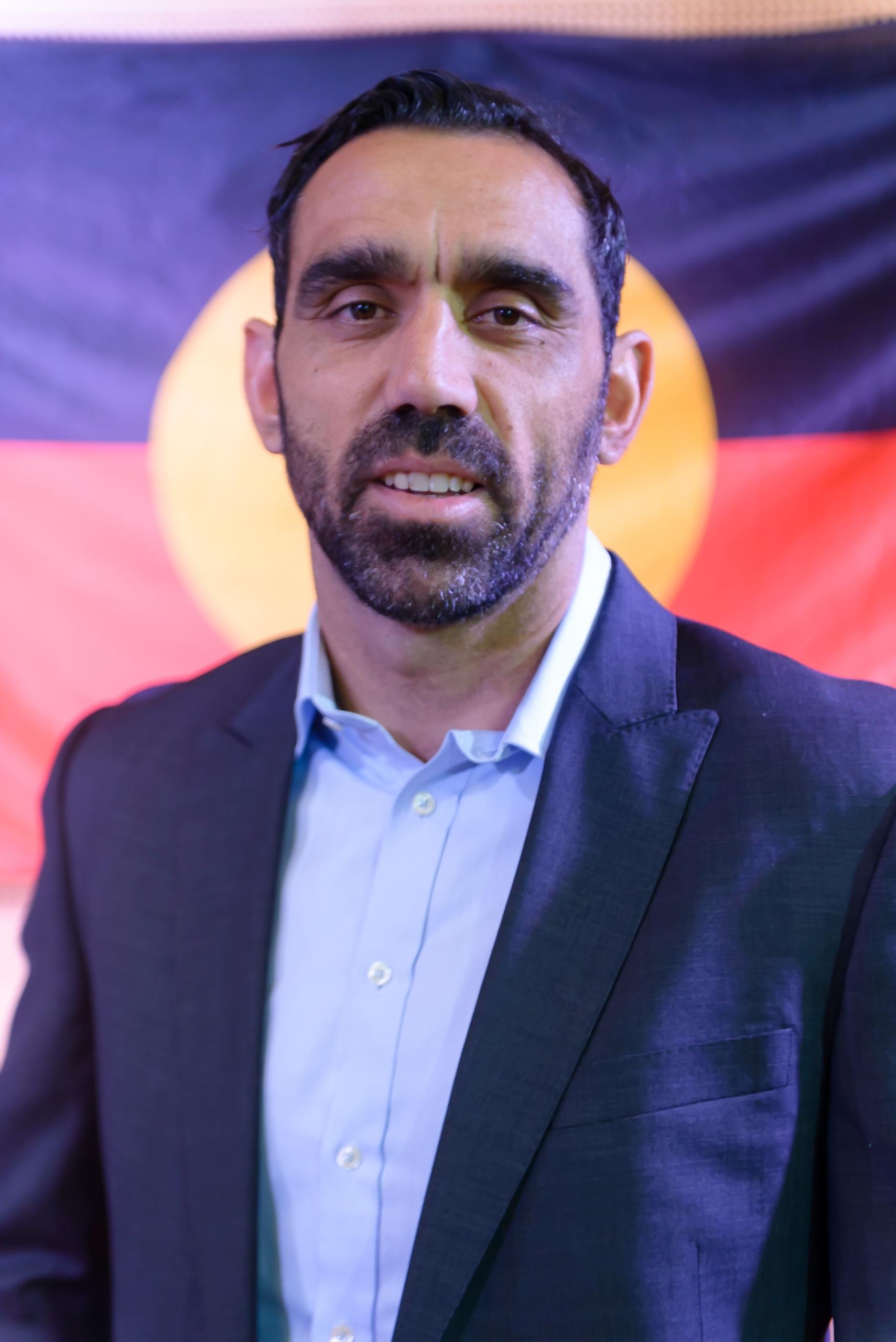
As a child, he preferred soccer, but when his family moved and there was no soccer team, he played football.
This would ultimately be for the best, as the Sydney Swans scouted and selected him in the 1997 AFL Draft.
Goodes played 372 matches for the Sydney Swans, scoring 464 goals. He was a versatile player who played as a ruckman, forward, and midfielder.
He won two premierships with Sydney Swans (2005 and 2012) and was selected for the All-Australian team four times.
He won the Brownlow Medal twice (2003 and 2006) and the AFL Rising Star Award in 1999, and he captained the Indigenous All-Stars Team. If he was still playing today (and in his prime), you could bet he'd be one of the league's top earners.
In addition to his footy playing career, he became a symbol of activism against racism. In 2014, he won the Australian of the Year award.
Born: January 8, 1980 (Wallaroo, South Australia)
Team(s): Sydney Swans (1999–2015)
Position: Ruckman, Forward, Midfielder
Key Stats:
Games: 372
Total Goals: 464
Average Goals: 1.25 per game
Average Disposals: 15.7 per game
Average Marks: 4.9 per game
Average Tackles: 3.2 per game
Average Clearances: 3.5 per game
Average Kicks: 10.1 per game
Summarise with AI:

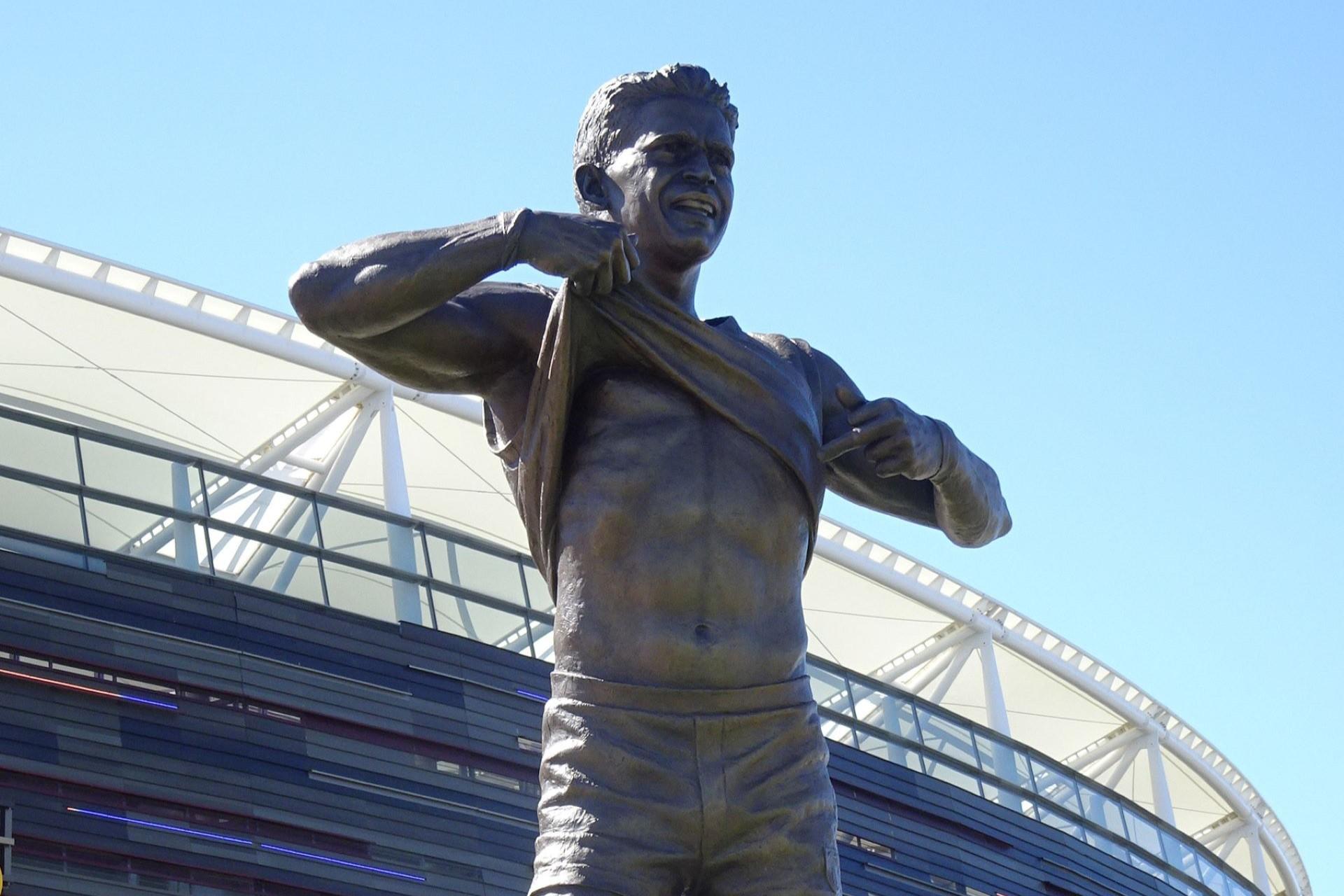




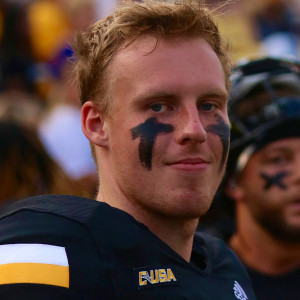





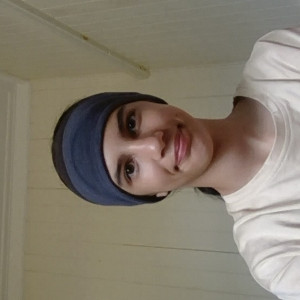



Great stuff